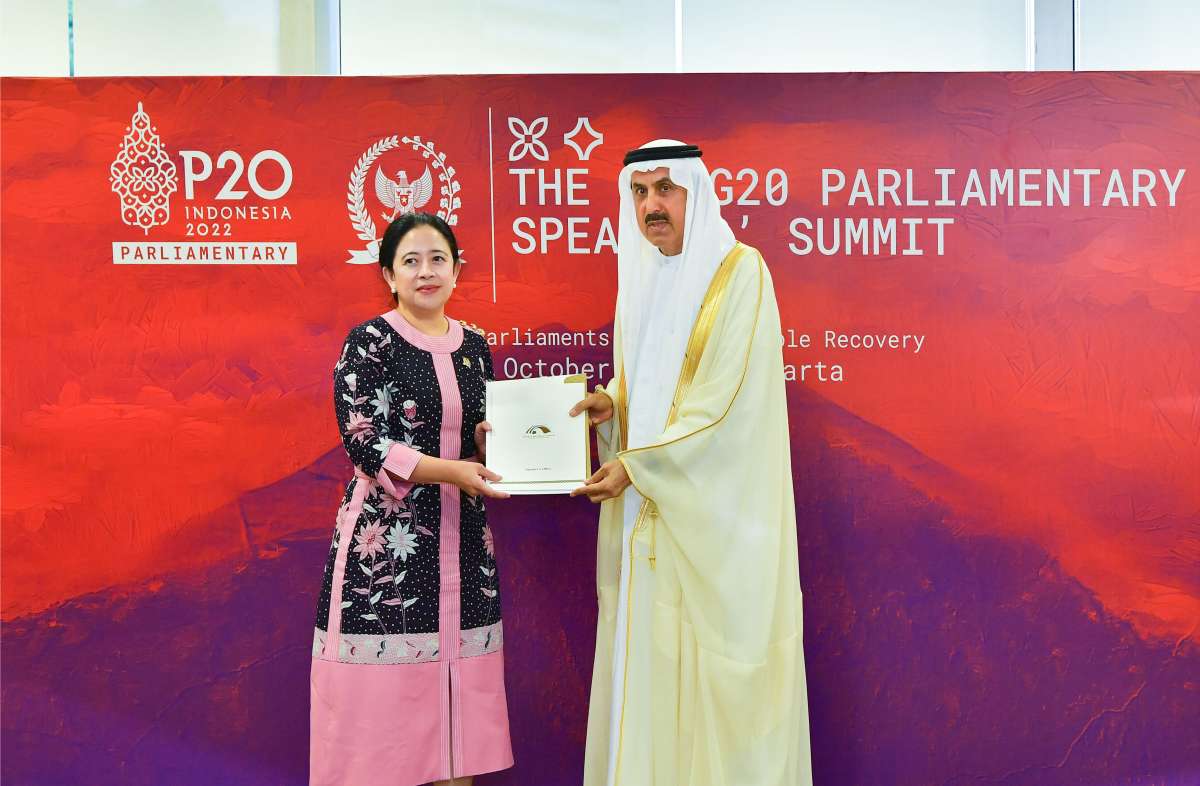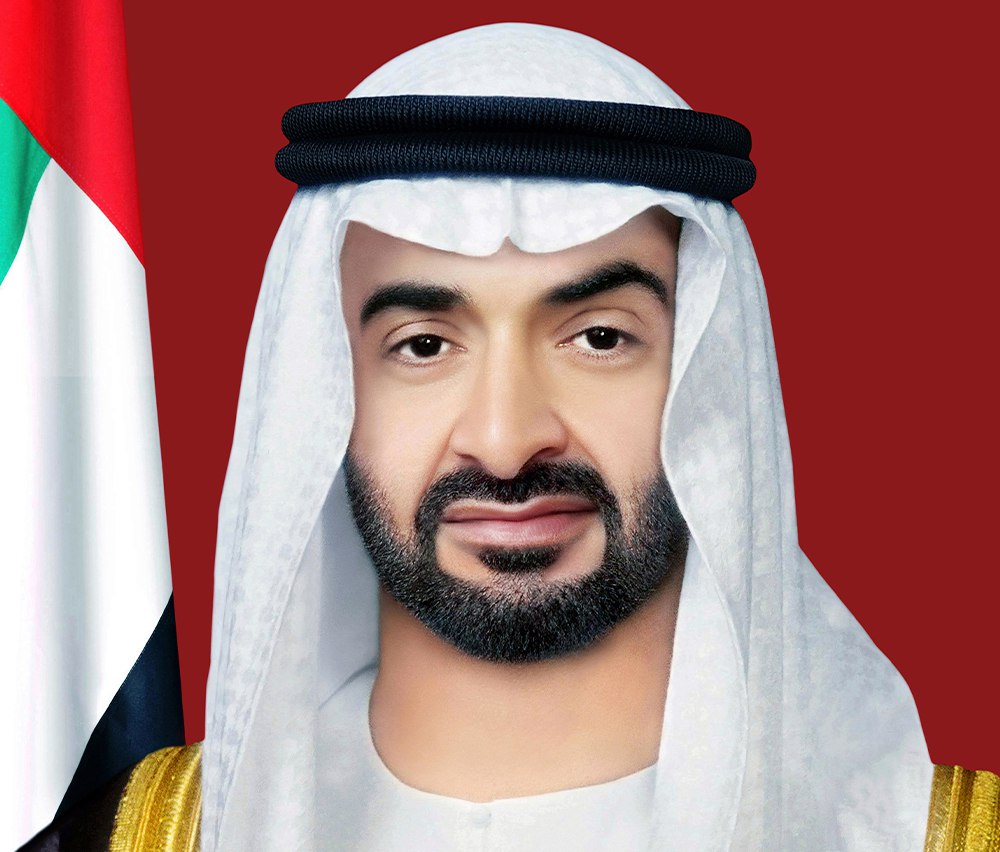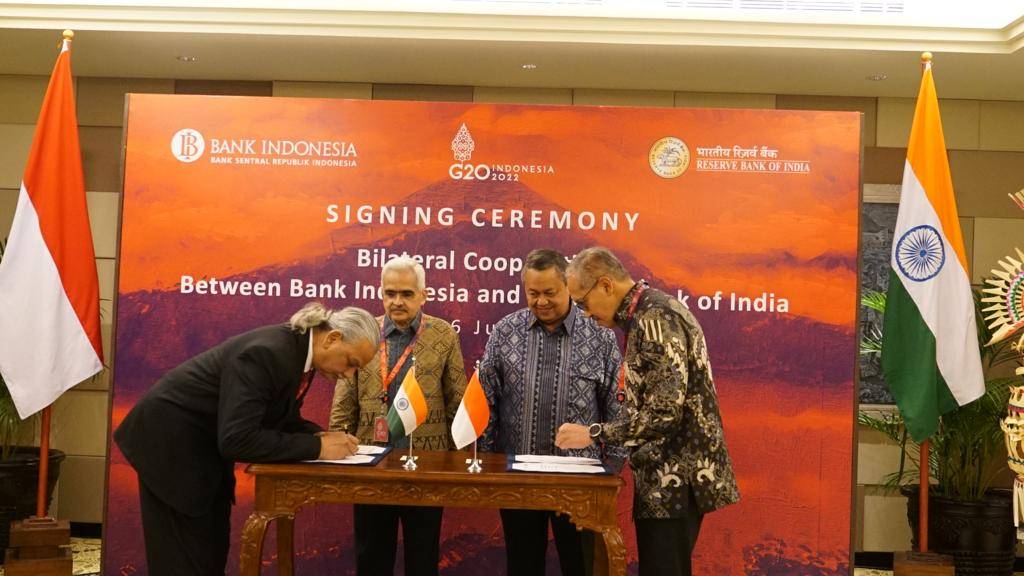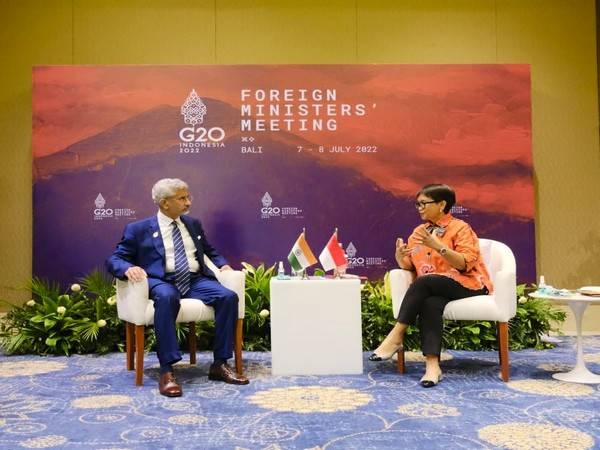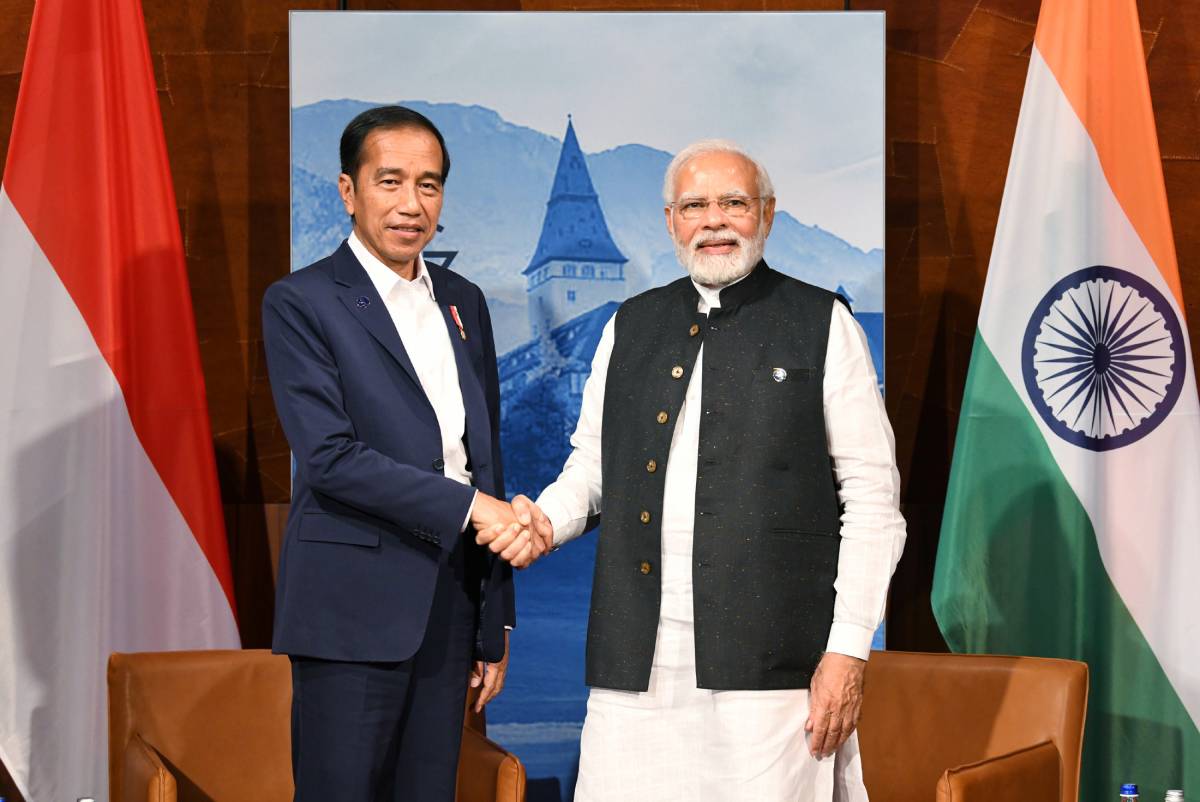
Drugs from S’pore, Australia to arrive in Indonesia
The needed rare drugs expected to arrive in Indonesia are Fomepizole drug vials, with 10 from Singapore and 16 from Australia…reports Asian Lite Lite News Indonesia is expected to receive drugs for


